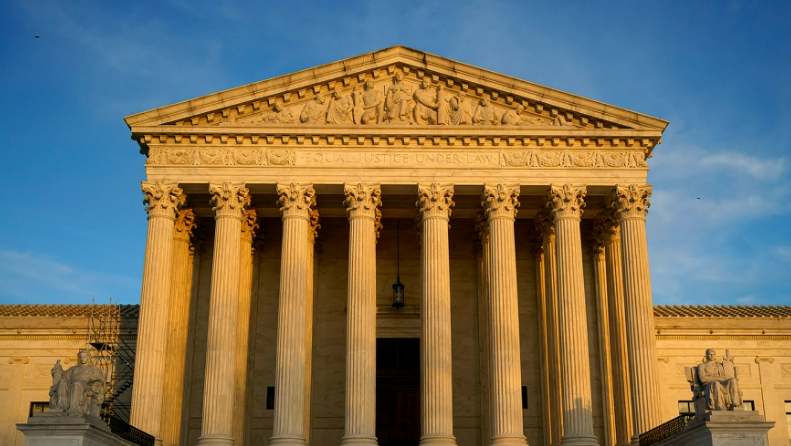In a significant judicial decision, the Supreme Court delivered a ruling on Thursday that set the course for the future of redistricting. With a narrow 5-4 majority, the Court sided against the state of Alabama in a case centered on the evaluation of its congressional district map. The matter at hand pertained to the potential dilution of influence endured by black voters within the state. This ruling carries major implications for the ongoing pursuit of electoral fairness and equal representation when drawing district maps.
According to the Daily Caller:
The majority upheld a lower court decision that found the map violated the Voting Rights Act, requiring the Republican-drawn congressional map to be redrawn. Chief Justice John Roberts wrote the majority opinion, which was joined by Justices Brett Kavanaugh and the three liberal justices.
“The concern that [the Voting Rights Act] may impermissibly elevate race in the allocation of political power within the States is, of course, not new,” Roberts wrote. “Our opinion today does not diminish or disregard these concerns. It simply holds that a faithful application of our precedents and a fair reading of the record before us do not bear them out here.”
Alabama’s Republican-controlled legislauture approved the new district map in 2021, which included only one majority black district out of the seven. Those who challenged the maps, including the Alabama State Conference of the NAACP, contend there should be a second majority-black district.
Justices Clarence Thomas, Neil Gorsuch, Amy Coney Barrett, and Samuel Alito dissented from the majority opinion. Thomas wrote that the case represents “yet another installment in the ‘disastrous misadventure’ of this Court’s voting rights jurisprudence.”
Attorney General Merrick B. Garland expressed his utmost satisfaction with the recent ruling on Thursday. Celebrating the decision, he hailed it as a powerful deterrent against the persistent attack on voting rights. He believes the verdict upholds the principle that all voters in the United States must have the ability to exercise their constitutional right to vote.

